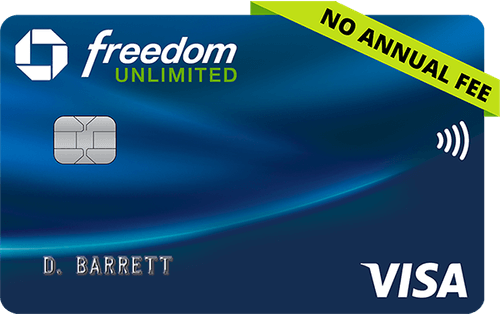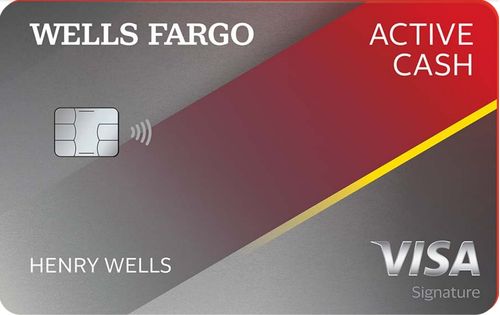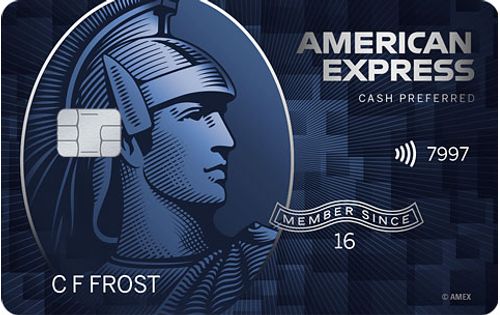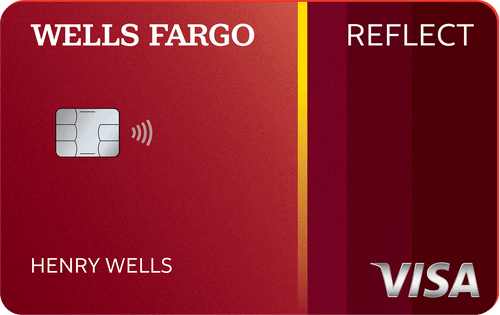John S Kiernan, Managing Editor
@John
The closing date on your credit card is the last day of the billing cycle. The closing date should be on the same day each month, and it's the last day that new purchases could be added to your monthly credit card statement. It's also when a credit card issuer calculates interest charges if you began the billing cycle with a balance.
The closing date for a credit card is listed on the monthly account statement, under “Opening/Closing Date” in the account summary or at the top of the statement.
Credit Card Closing Date vs. Due Date
A credit card’s closing date is not the due date. But it can be an important date if you’re looking to lower your credit utilization. That’s because the closing date is when many card issuers report to credit bureaus. So, the balance on the statement is what gets reported to credit bureaus. That means if you pay your bill on the due date – weeks after the statement is compiled – your credit report won’t reflect the dent you made in your balance with the payment.
You can take advantage of this by paying your balance in full before the closing date, rather than on the due date. That way, when the card issuer reports your balance info to credit bureaus, you’ll have a zero balance, which will likely improve your credit score.

People also ask
Did we answer your question?
Important Disclosures
Ad Disclosure: Certain offers that appear on this site originate from paying advertisers. For full transparency, here is a list of our current advertisers.
Advertisers compensate WalletHub when you click on a link, or your application is approved, or your account is opened. Advertising impacts how and where offers appear on this site (including, for example, the order in which they appear and their prevalence). At WalletHub we try to present a wide array of offers, but our offers do not represent all financial services companies or products.
Advertising enables WalletHub to provide you proprietary tools, services, and content at no charge. Advertising does not impact WalletHub's editorial content including our best picks, reviews, ratings and opinions. Those are completely independent and not provided, commissioned, or endorsed by any company, as our editors follow a strict editorial policy.



